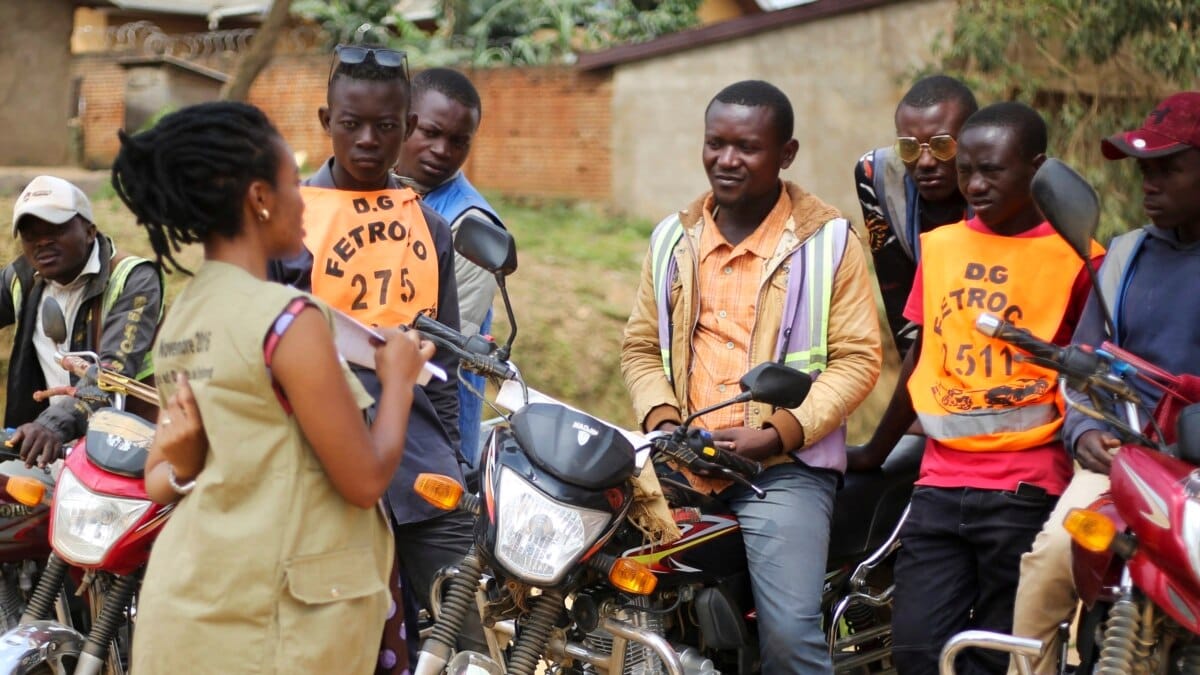The government of the Democratic Republic of Congo (DRC) has announced that it is on high alert due to a mysterious flu-like disease that has reportedly claimed the lives of dozens of individuals in the northern part of the country. Health officials are investigating the outbreak, which has raised alarms not only locally but also among international health organizations.
Reports indicate that the disease presents symptoms similar to influenza, including fever, cough, and fatigue. However, the rapid progression of the illness and the high mortality rate have prompted health authorities to act swiftly. As of the latest updates, at least 50 people have died since the onset of the outbreak, with many more hospitalized.
Local health officials are working closely with the World Health Organization (WHO) to identify the pathogen responsible for this outbreak. Initial tests have ruled out known viral infections, including influenza and COVID-19, leading experts to suspect a novel or previously unrecognized virus. The absence of a definitive diagnosis has heightened fears of a potential epidemic, especially given the DRC’s history with outbreaks of infectious diseases, including Ebola and measles.
In response to the crisis, the Congolese government has mobilized health workers and set up emergency response teams to monitor and contain the spread of the disease. They are also urging the public to practice good hygiene and to seek medical attention if they experience any flu-like symptoms.
Public health campaigns are being launched to educate communities about the importance of reporting unusual health issues and the need for vaccination against preventable diseases. Authorities are also conducting contact tracing to identify and isolate individuals who may have been exposed to the illness.
International health organizations are closely monitoring the situation, and additional resources are being allocated to support the DRC’s health response. Experts emphasize the importance of timely reporting and transparency in managing outbreaks to prevent further loss of life and to protect neighboring countries from potential spillover effects.
As investigations continue, the Congolese population remains on edge, hoping for answers and effective measures to control the outbreak. The situation underscores the ongoing challenges faced by health systems in the region and the critical need for global cooperation in addressing emerging infectious diseases.



